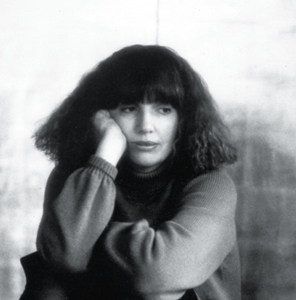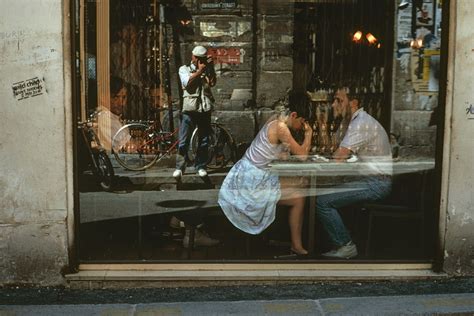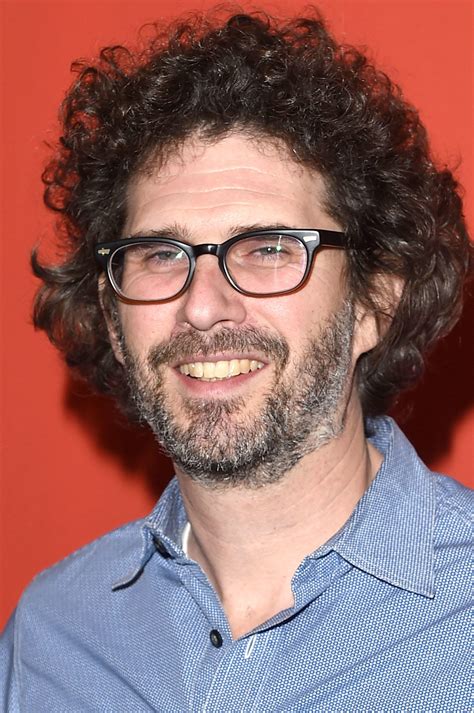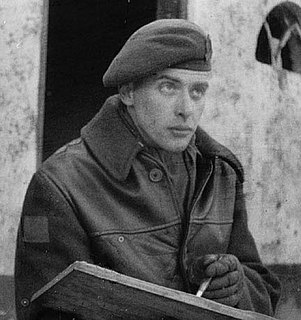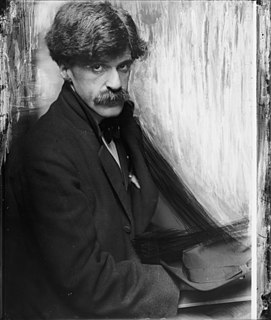A Quote by Henri Cartier-Bresson
Nobody takes photographs, photographs take you.
Quote Topics
Related Quotes
A good print is really essential. I want to take strong documentary photographs that are as good technically as any of the best technical photographs, and as creative as any of the best fine-art photographs. [...] I don't want to just be a photo essayist; I'm more interested in single images...ones that I feel are good enough to stand on their own.
It is a nostalgic time right now, and photographs actively promote nostalgia. Photography is an elegiac art, a twilight art. Most subjects photographed are, just by virtue of being photographed, touched with pathos. ... All photographs are memento mori. To take photograph is to participate in another person's mortality, vulnerability, mutability. Precisely by slicing out this moment and freezing it, all photographs testify to time's relentless melt



